Canada’s Struggle to Reconcile its Rough Indigenous Past
Canada’s dark past has come to light with recent discoveries of unmarked graves at former “residential schools.” British Columbia and other provinces have been discovered to hold over 800+ unmarked graves of indigenous peoples. People used earth penetrating radars to discover how many indigenous people were secretly buried in the past. Some graves that people found contained children younger than the age of 5. The controversy around “Residential Schools” has shed light on the horrifying campaign to assimilate indigenous peoples in Canada.
“Residential Schools” were facilities used to help anglicize indigenous peoples during the 19th and 20th centuries. Attending these schools was not optional, and the end goal was to strip away the indigenous identity of the next generation of kids. “Residential Schools” processed over 100,000 kids throughout their lifetime in Canada. Schools would punish students severely for speaking in native languages as it kept their native roots active. Some politicians in Canada have called for an investigation into whether inhumane acts occurred at “residential schools.”
The legacy of “residential schools” is a reminder of many nations’ cruel colonial pasts. In 1867 British politicians established the foundation of a united Canadian nation with the creation of the Dominion of Canada that contained the colonies of Canada, Nova Scotia, and New Brunswick. Canada only became a commonwealth in 1931 with the Statute of Westminster, which granted full legal freedoms to Canada. Canada was under British advisory for decades which meant that the government was likely to follow native assimilation procedures similar to other British colonies. British thought at the time would likely place subduing and civilizing natives over human rights. Canada’s native population was merely an obstacle to the expansion of the new Canadian nation in the eyes of Canadian politicians.

Ghosts of the 19th and 20th centuries are not unique to Canada. Nations like the United States and Great Britain also have plenty of heinous acts committed in the name of nation-building during the 19th and 20th centuries. United States resources were used to systematically strip native Americans of land and give former native land to settlers in events such as the trail of tears. Great Britain has a long past of stripping African nations of wealth and exploiting places like India for every penny possible. Great Britain’s past is even more nefarious given that they were premier world powers for two centuries which allowed them to act almost unilaterally across the globe. Reconciliation with these dark pasts is one thing that many nations are struggling with today.
Canada has attempted to reconcile the indigenous situation in multiple ways. Recently a new holiday called “National Day for Truth and Reconciliation,” which takes place on September 30th was introduced to honor the indigenous peoples who suffered under the “residential schools system.” Prime Minister Justin Trudeau has made multiple public appearances expressing his “broken heart” for the indigenous peoples who died in the past. Canadian government statements have officially recognized that abuses rampantly occurred on the grounds of “residential schools.”
Canada generally has an image as the friendlier neighbor of the United States. Some people in Canada also emphasize the difference between the United States and the “superior” nation of Canada; However, these indigenous scandals paint the image of Canada as just another abusive colonial nation with atrocities similar to United States actions.
Canada will have to spend some time thinking about how to atone for colonial-era sins in the coming months. More graves will most likely be discovered with British Columbia and other provinces. Canada’s big question to deal with is how much reconciliation is necessary to close this regrettable chapter of Canadian history.
Sources: https://www.history.com/news/canada-independence-from-britain-france-war-of-1812, https://www.npr.org/2021/07/13/1015823457/more-than-160-additional-indigenous-graves-have-been-found-in-canada, https://apnews.com/article/canada-religion-race-and-ethnicity-racial-injustice-687e91cd2634068e62d85ade41c087e6, https://mathewsdinsdale.com/canada-introduces-new-federal-holiday-national-day-for-truth-and-reconciliation/

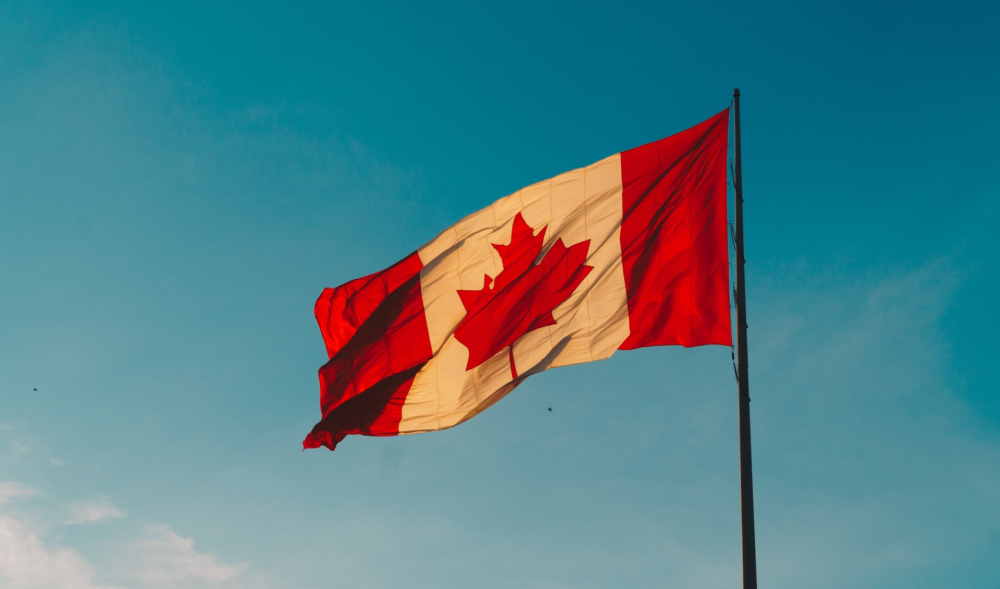

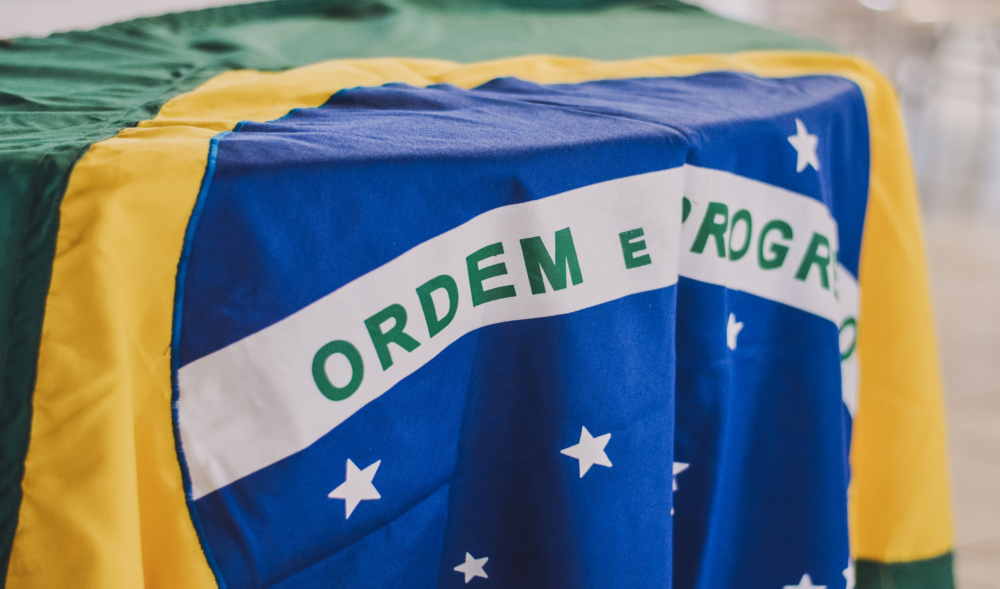
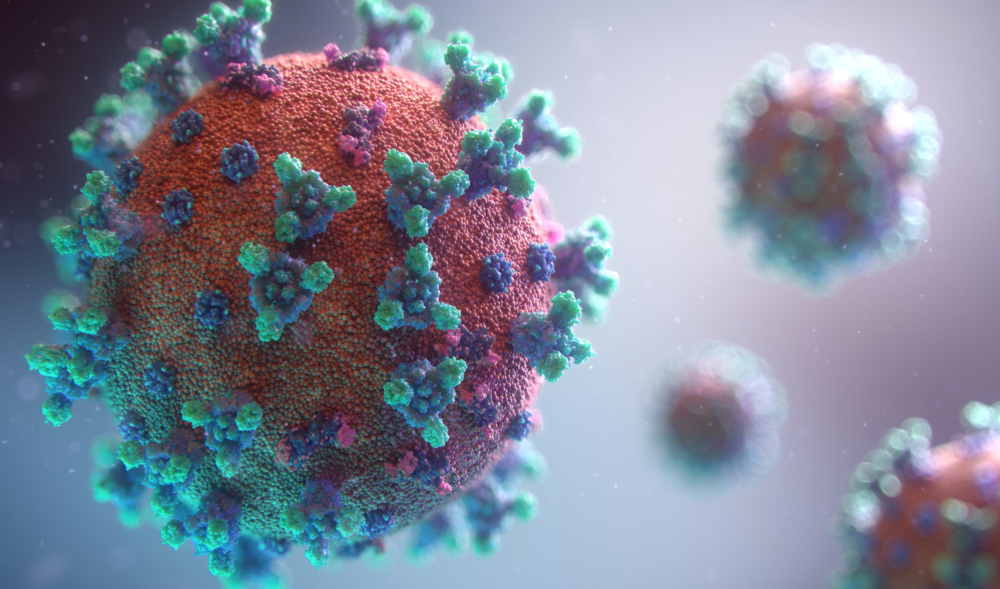
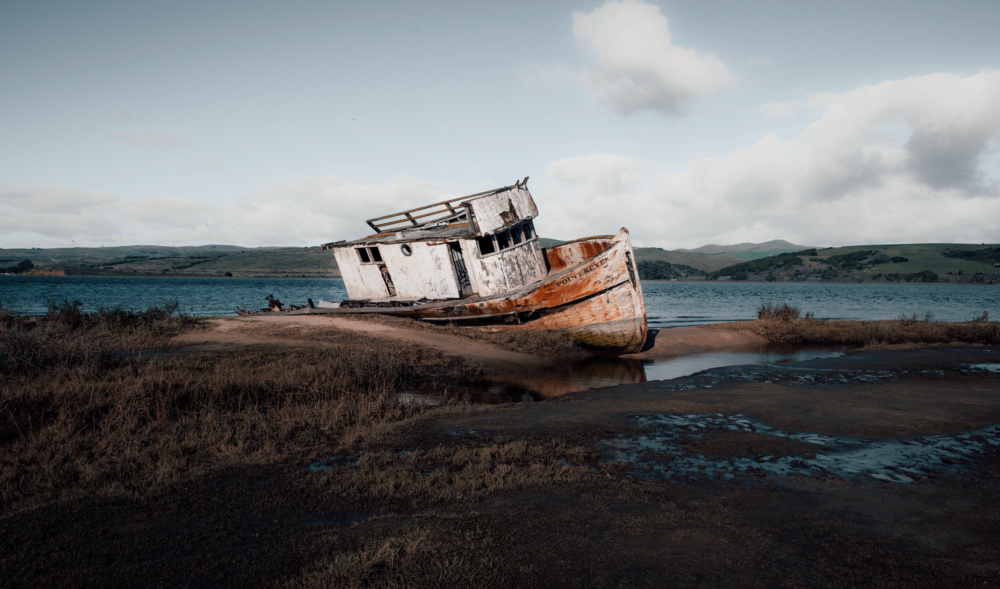
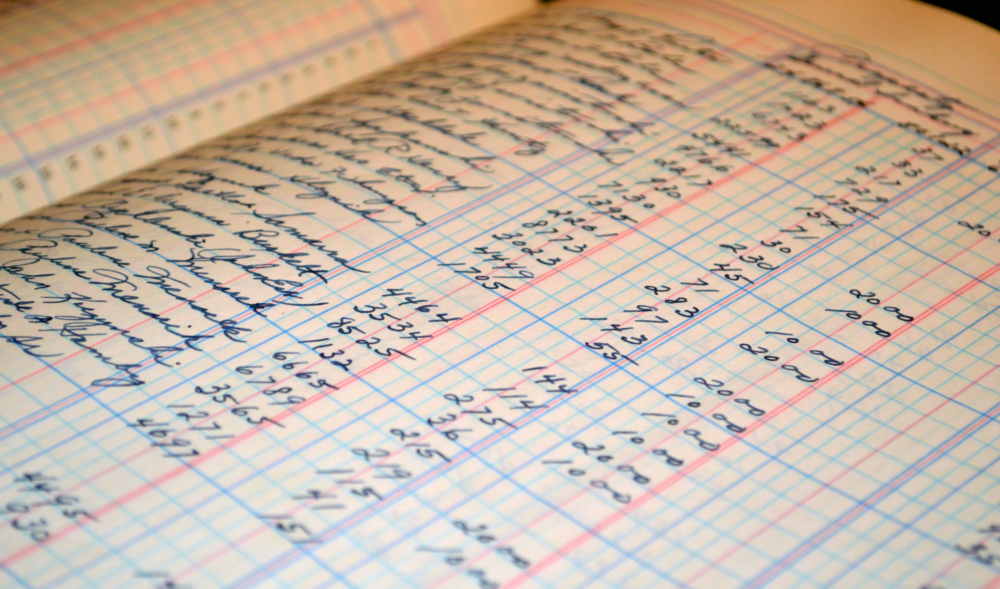
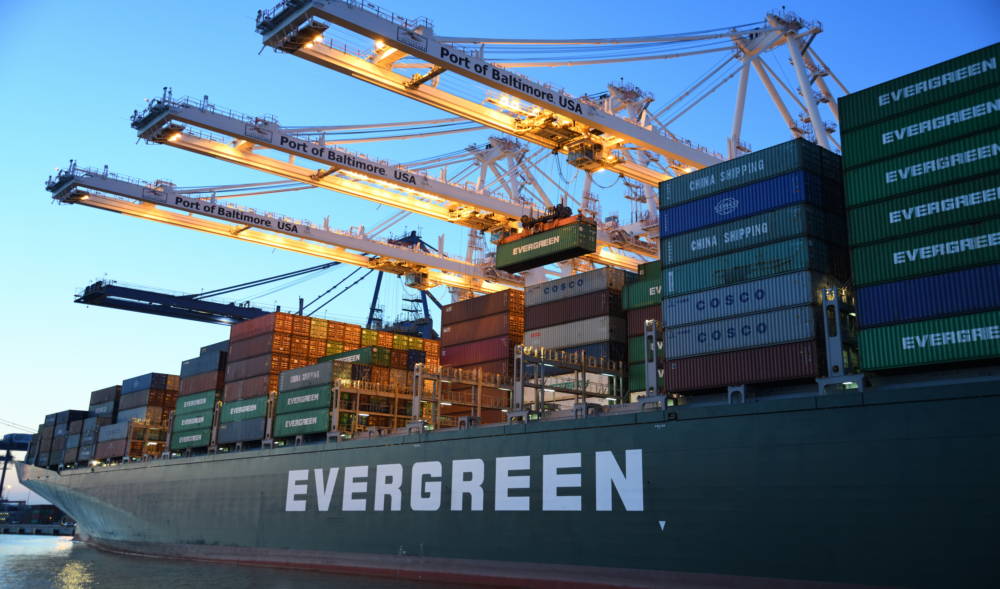
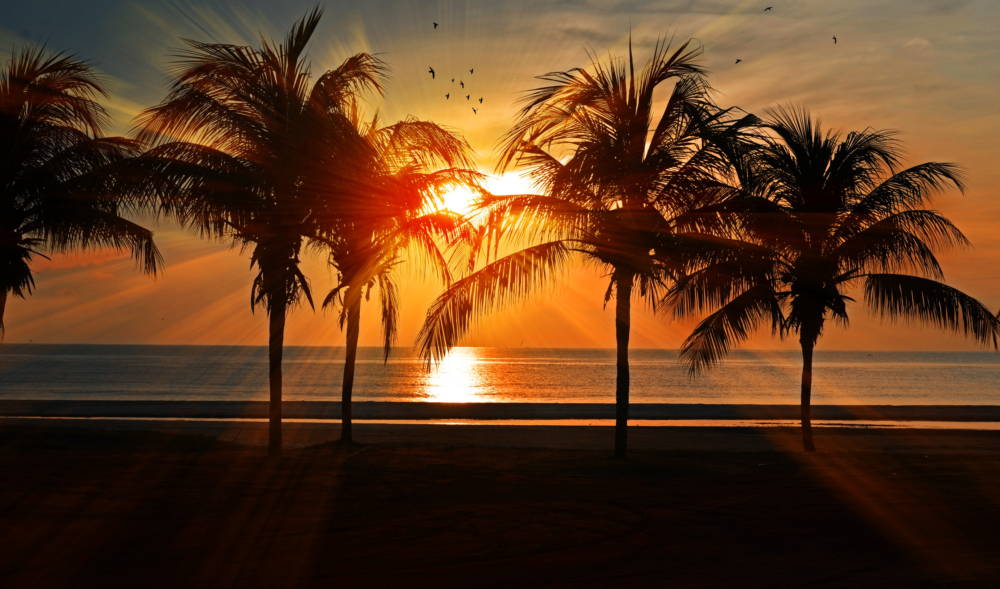
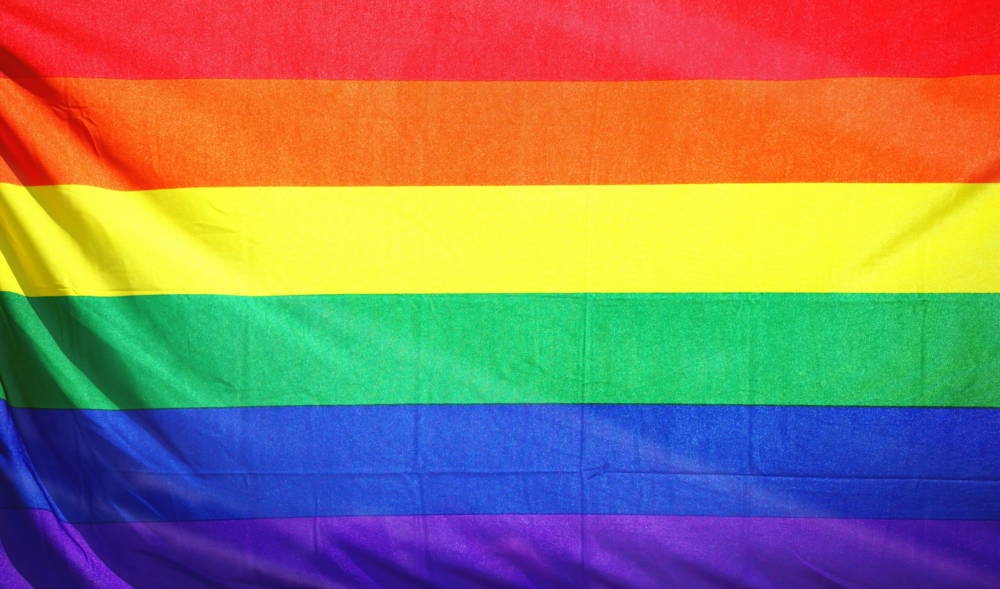

19,029 thoughts on “Canada’s Struggle to Reconcile its Rough Indigenous Past”